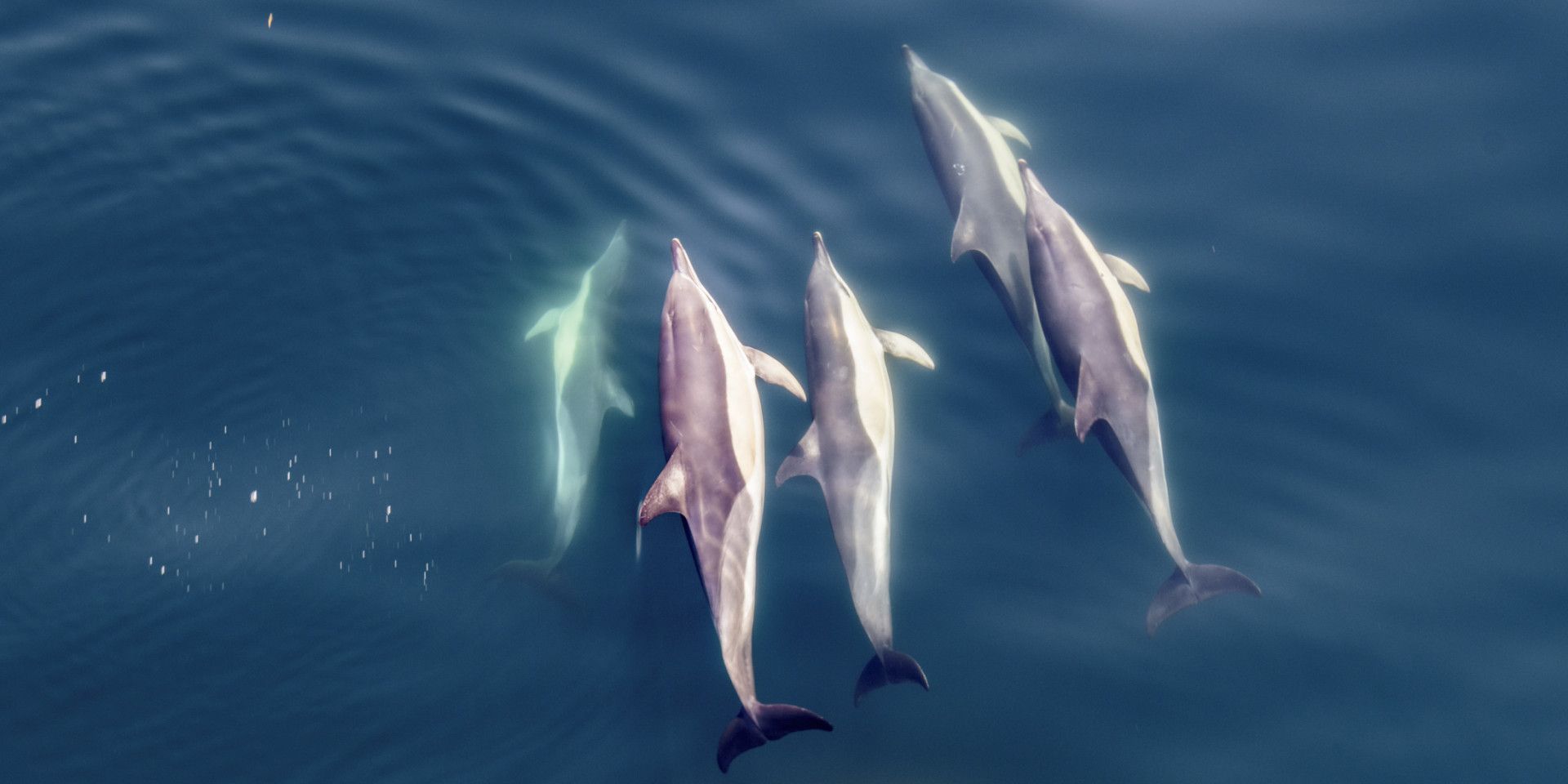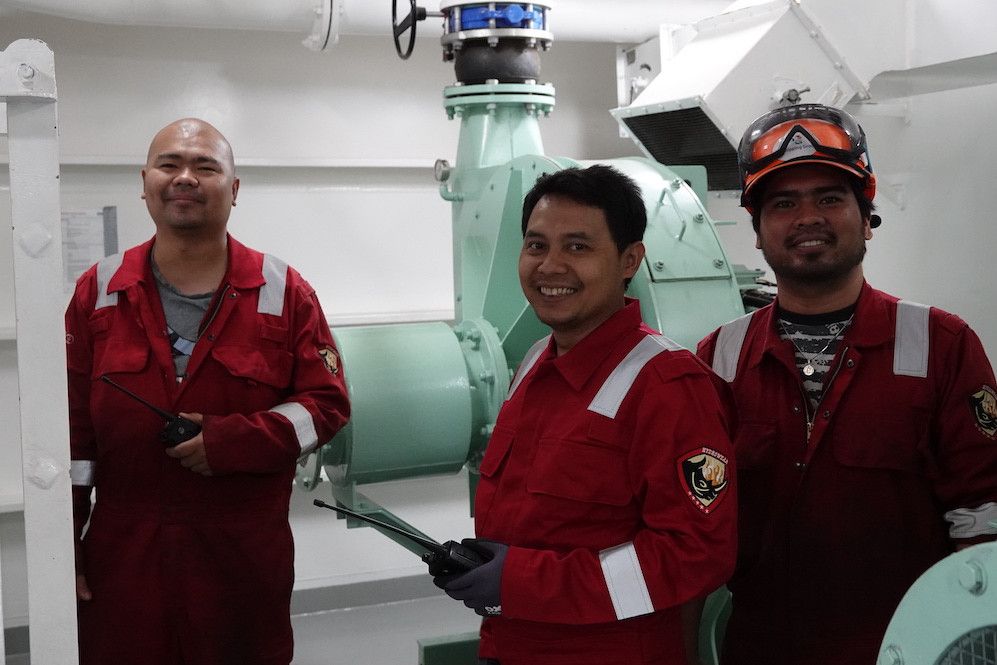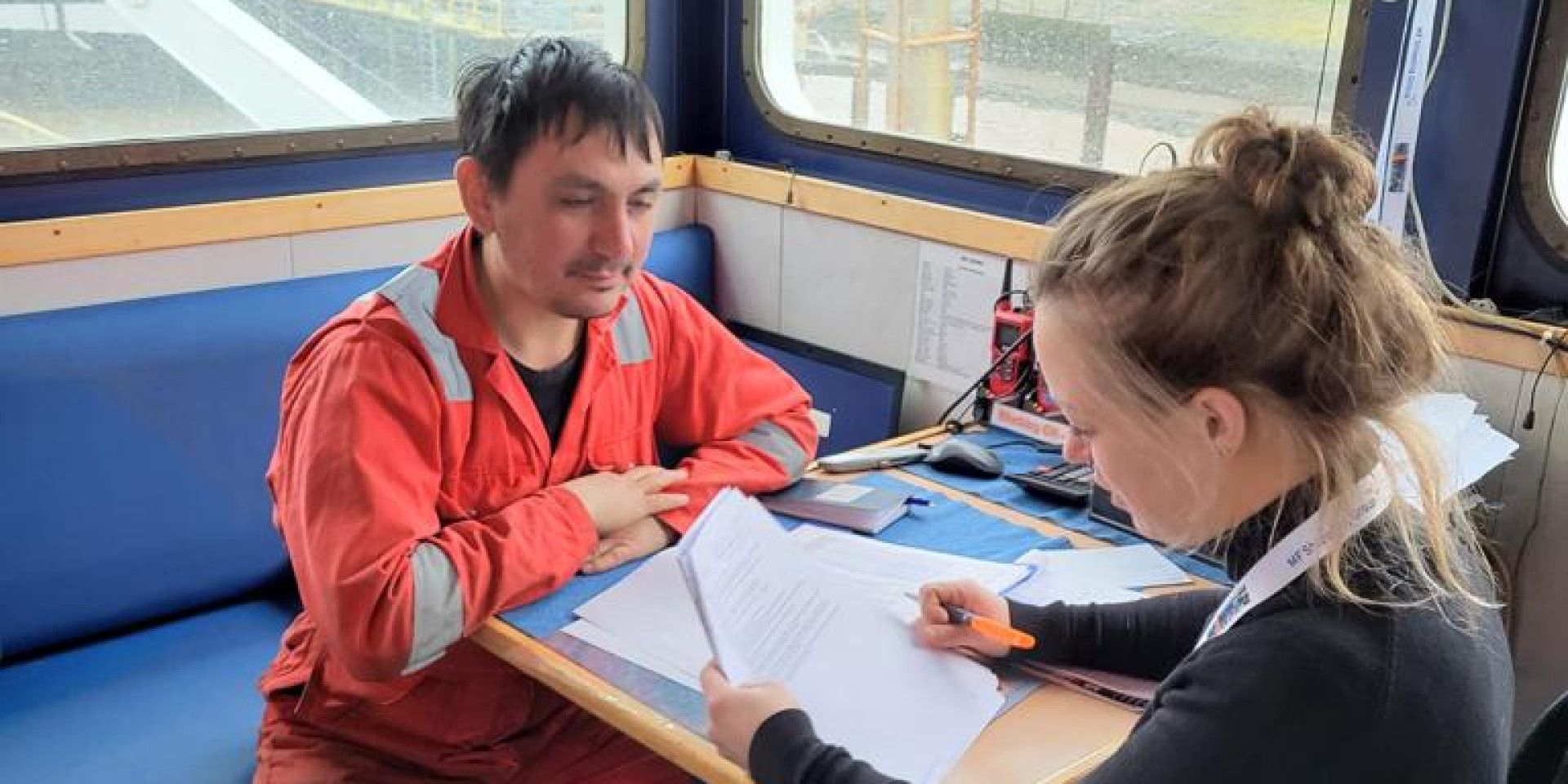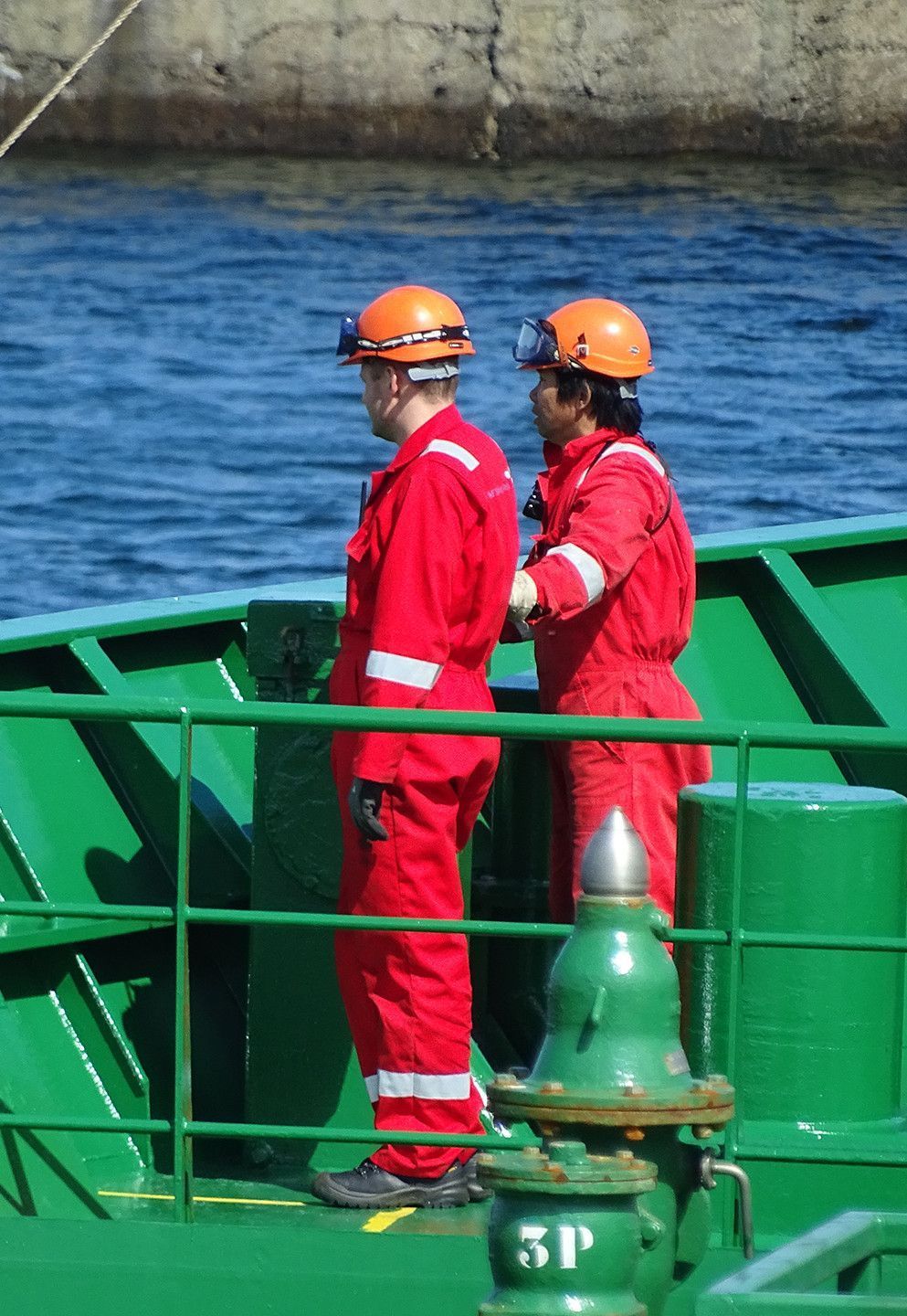
Quality management
Safety and quality are our top priorities. Our quality employees function as the crucial link between legislation and the practice.
Our quality team works hard at safety and efficiency, their ultimate target being a safe and world-class working environment for everyone working with us. We aim to keep incidents and complaints to an absolute minimum.
Quality employees to safeguard quality and safety
Our dedicated quality employees play an important role, linking the rules to the practical situation. Safety has top priority for us, and we feel responsible for protecting of our employees, vessels, cargo, surroundings and the environment. We are constantly striving to stay ahead in terms of legislation and to improve our safety management system through evaluation, feedback and the necessary adaptations based on management assessments.
Regular audits for qualitative corporate processes
Regular audits ensure that all our corporate processes are of optimum quality. They also stimulate the exchange of information between our office staff and seafaring crew, including the sharing of learnings and offering training courses.

Investigation of incidents
Incidents are always carefully investigated with the purpose of learning and improving, as well as preventing repetition. Direct communication between the office and vessels keeps crew members and clients well informed. Regular training of both office staff and seafaring crew, together with clients, ensures an effective flow of information, especially in the event of an incident.

Compliance with oil company standards
As far as our tankers are concerned, our quality employees ensure that they comply with the strictest standards imposed by the large oil companies. They organise and comply with vetting inspections on board the vessels, and are closely involved in preparation and processing of the inspection results. We generally achieve our mutual target of maximum three shortcomings per inspection, so that our vessels remain broadly deployable.
Moreover, our office organisation complies with the highest standards set by the large oil companies. We regularly undergo thorough assessment by the oil companies, while also evaluating our own systems using extensive self-assessments.
A day in the life of
Meet Martine Vonk, Marine Superintendent at MF Shipping Group. Discover her varied work for colleagues in the office and on board.

Tasks and responsibilities
- Safety management: We ensure that a safety policy, procedures and practices are formulated, implemented and enforced both on board vessels and at the office.
- Environmental management: We manage procedures and practices to protect the environment.
- Risk management: We identify, assess and manage risks which might affect the safety of our seafaring crew and office staff, or might pose a threat to environmental protection. We take all the necessary measures to minimise such risks.
- Safety training: We coordinate safety training courses and exercises, both on board and at the office, to ensure that all employees are familiar with safety procedures and protocols.
- Audit and compliance: We conduct internal and external audits, both on board the vessels and at the office, in order to check whether all activities comply with safety and environmental standards and legislation. If that is not the case, we take corrective measures.

- Vetting management: We prepare, organise and monitor vetting inspections on board our tankers, to ensure that all activities on board comply with the standards set by the large oil companies.
- Self-evaluation of the office organisation: We prepare, organise, monitor and report on the six-monthly self-evaluations of our office organisation, to determine whether we comply with the minimum standards of the large oil companies.
- Investigation of incidents: We conduct investigations into all accidents and incidents, both on board vessels and at the office, to determine the cause and to make recommendations for improvement.
- Documentation and reporting: We maintain detailed documentation on safety and environmental management, including incident reports, audit reports and compliance reports, both at sea and at the office.
